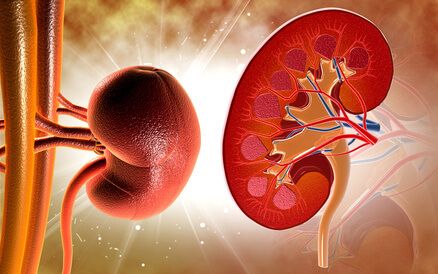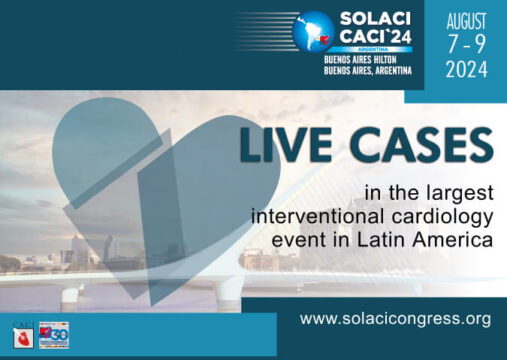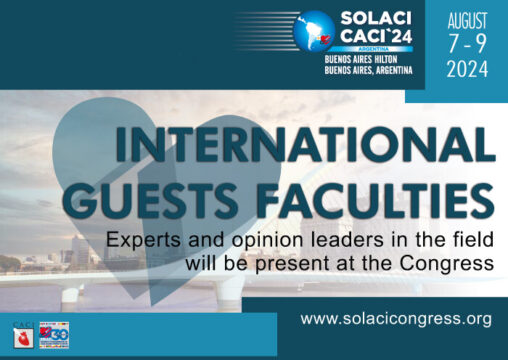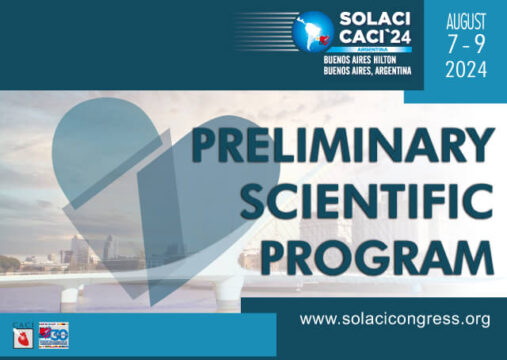This analysis corroborates the potential benefit of ticagrelor monotherapy following a short period of dual antiaggregation (DAPT) in patients with acute coronary syndrome (ACS).

This benefit consists of a significant bleeding reduction (3.6% vs. 7.6%, P < 0.001), without compromising ischemic events (4.3% vs. 4.4%, P = 0.84).
The latter, however, could be seen as excessive simplification of the clinical condition and, in this regard, multiple variables call for further discussion.
DAPT Duration
The GLOBAL-LEADERS is the sole study that published the benefit of discontinuing aspirin one month after PCI, even in an acute context such as STEMI.
Despite the significant ischemic risk, reducing bleeding events by half did not come at a high cost. These outcomes are similar to the TICO outcomes.
Read also: Anosmia 1 Year After a COVID-19 Diagnosis.
Minimizing bleeding is an appealing strategy that can be taken to extremes thanks to the advantages brought by new generation DES. One month of aspirin might be enough, or might not even be necessary, but adopting this therapeutic behavior requires further specific research.
One Size Fits All?
We should bear in mind that a large part of the Asian population in this cohort has acute coronary syndrome.
Even though ethnicity is not included within the criteria for high bleeding risk, we are well aware that the Asian population has different mean body mass index and platelet reactivity compared against the western population.
The evidence in favor of ticagrelor monotherapy after PCI piles up even though the right time to discontinue aspirin remains unclear, as does its potential benefits according to subgroups.
Original Title: Ticagrelor monotherapy following percutaneous coronary intervention for acute coronary syndrome in TWILIGHT patients: still a future for aspirin?
Reference: Mattia Lunardi et al. Eur Heart J. 2021 Jul 15;42(27):2708-2709. doi: 10.1093/eurheartj/ehab037.
Subscribe to our weekly newsletter
Get the latest scientific articles on interventional cardiology





